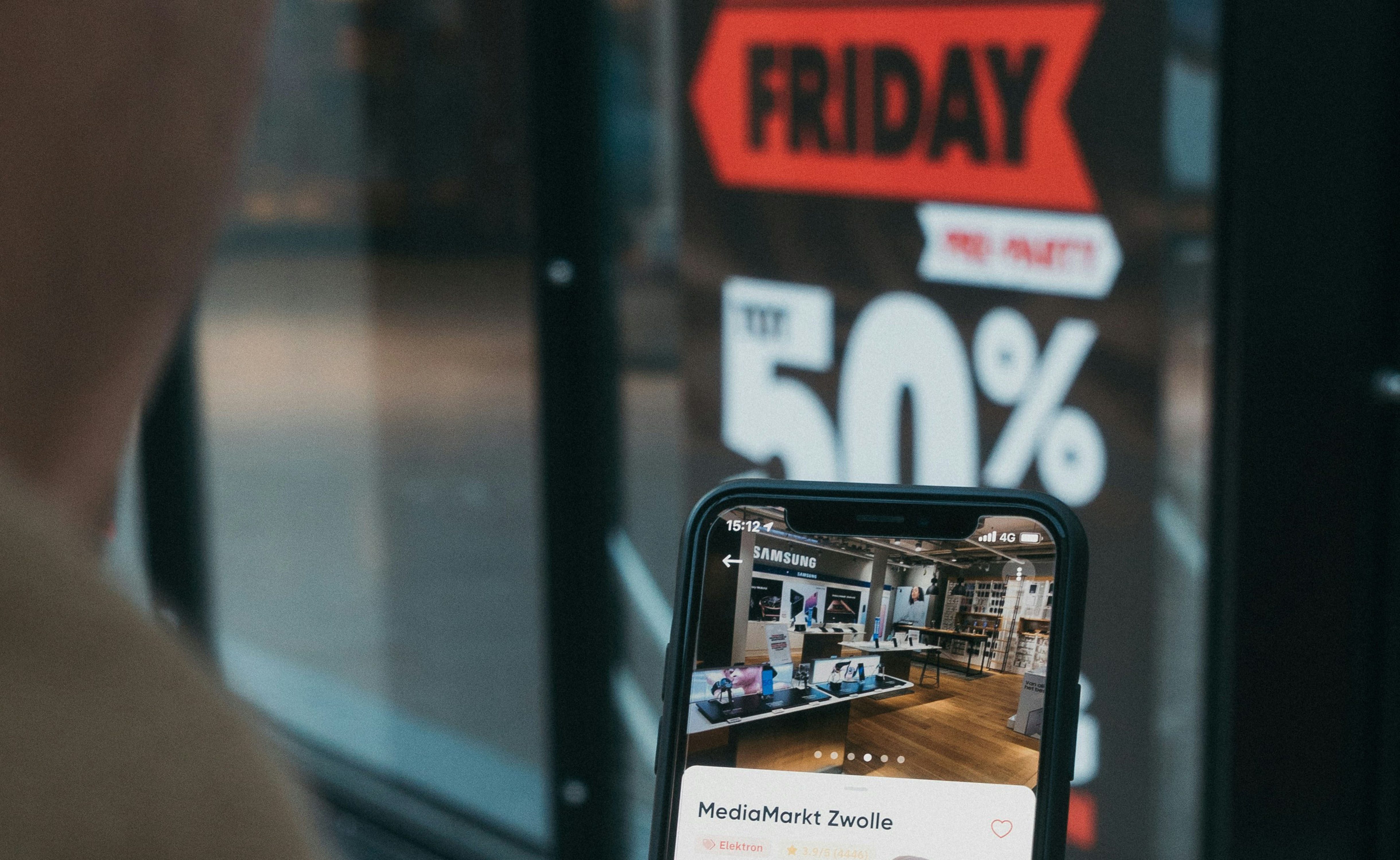Associate Director Charlie Wood discusses Apple's first steps in the new world of AI.
Recently, we saw Apple make its long-awaited entrance into the smartphone artificial intelligence (AI) conversation. The keynote at its Worldwide Developer Conference (WWDC) was dominated by the buzzword of all buzzwords – AI – and revealed new features that will drastically change the smartphone experience for Apple users.
Following our recent study into consumer attitudes towards smartphone AI, we were keen to see what Apple were bringing to the table and how they presented it. Here are 3 things we’ve observed:
Apple is late to the AI party, but is looking to own that
Apple have intentionally leaned into how daunting AI technology can be – especially for the uninitiated – with the tagline “AI for the rest of us”. If they can position everything that has come before as complex or frightening, they can position themselves as being the safe and simple gateway into AI that many consumers will be more open to.
 Screenshot of Apple website (Apple Intelligence) taken on 28 June 2024
Screenshot of Apple website (Apple Intelligence) taken on 28 June 2024
By contrast, Google’s use of “Pixel puts AI in your hands” makes the technology feel real, tangible and non-negotiable – something that likely won’t resonate well with AI cynics. And Samsung use language such as “The next big thing is here” when talking about Galaxy AI. While likely to excite and land well with tech lovers, this may have the opposite impact for those not yet ready to embrace AI.
 Screenshot of Google website (Pixel puts AI in your hands) taken on 28 June 2024
Screenshot of Google website (Pixel puts AI in your hands) taken on 28 June 2024
 Screenshot of Samsung website (Welcome to Galaxy AI) taken on 28 June 2024
Screenshot of Samsung website (Welcome to Galaxy AI) taken on 28 June 2024
More generally, Apple is aiming to make up for lost time by taking advantage of the technology’s initials, labelling their suite of AI features “Apple Intelligence”. The subtly implied ownership is a smart play, likely to strengthen the brand’s association with AI in the eyes of consumers.
Apple is taking a risk: Newly announced features won’t work on your old iPhone
This is a big one. Apple are not embracing backward compatibility for their AI features. Instead, Apple Intelligence will be exclusive to handsets using the A17 Pro chip or newer (i.e., iPhone 15 Pro and Pro Max). Whether determined entirely by hardware constraints or as part of as a much-needed strategy to reinvigorate handset sales remains unclear, but either way, it’s one of the big downsides to Apple’s reveal.
Meanwhile, Samsung have enabled their Galaxy AI features on devices dating back as far as 2022 and Google have taken a similar approach with their Pixel handsets. This approach gives these brands chance to strengthen existing customer loyalty ahead of Apple’s AI-powered updates going live.
Apple’s rollout is set to be a lengthy one
Google, Samsung and others have been delivering AI-powered handsets for months now. But the Apple Intelligence beta doesn’t arrive until later this year, so it may still be some time before the finished product is ready for consumers. Again, this hands advantage to the competition.
Will this slow, steady approach come good for Apple in the long run? Or have they already handed too much advantage to the likes of Samsung and Google in the race to the top in smartphone AI? Only time (…quite a lot of time) will tell.




